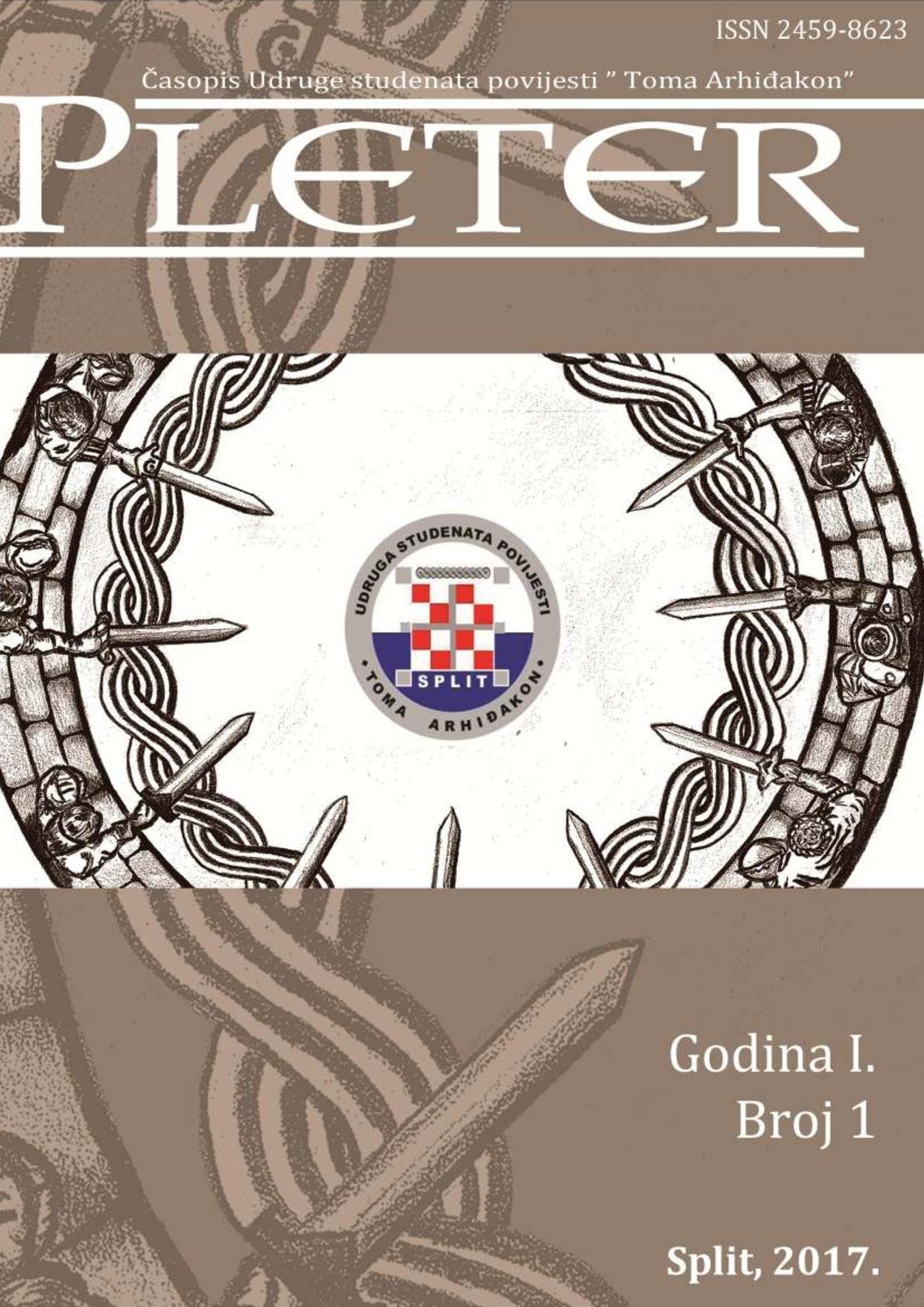Battle of Sisak
Keywords:
Hundred Years' Croatian–Ottoman War, reorganization of Military Frontier, Sisak, Sisak Fortress, development of fortifications during Renaissance, Military Revolution, consequences of the Battle of SisakAbstract
This paper examines historical and military aspects of the Battle of Sisak (22th of June 1593) which was fought between Ottoman regional forces and a combined Christian army from the Habsburg lands, mainly Kingdom of Croatia, Dalmatia, Slavonia and inner Austria. The battle too place at Sisak in today's central Croatia, at the confluence of the rivers Sava and Kupa. Battle of Sisak was a significant endpoint of the Hundred Years' Croatian–Ottoman War (from 1493 until 1593.) during which the Croatian–Ottoman border went westward from today's eastern Slavonia and south Dalmatia all the way to Koprivnica, Sisak, Karlovac and the north Adriatic coast. That long conflict included a sequence of clashes, mostly of relatively low-intensity between the Ottoman Empire and the Kingdom of Croatia, Dalmatia, Slavonia ruled by the Jagiellonian and Habsburg dynasties. The advancement of the Ottoman Empire on Croatian soil seemed unstoppable as the Ottomans swept through the area, reaching their peak at the Sisak area in the second half of the 16th century. Major turning point of the whole war was Congress of inner Austrian lands in Bruck an der Mur in 1578 which defined the obligations of each land in covering the military expenses and also defined the priorities in improving the defensive strategy of Upper Slavonian and Croatian frontier. Thanks to that reorganization defenders of Sisak Fortress were at last victorious in the battle against the forces of Telli Hasan Pasha, a notable commander of the Eyalet of Bosnia. Whole Christian Europe was delighted at the grandiose reports of the victory at Sisak Fortress which turned to be the high water mark of Ottoman conquests in southeastern Europe.


